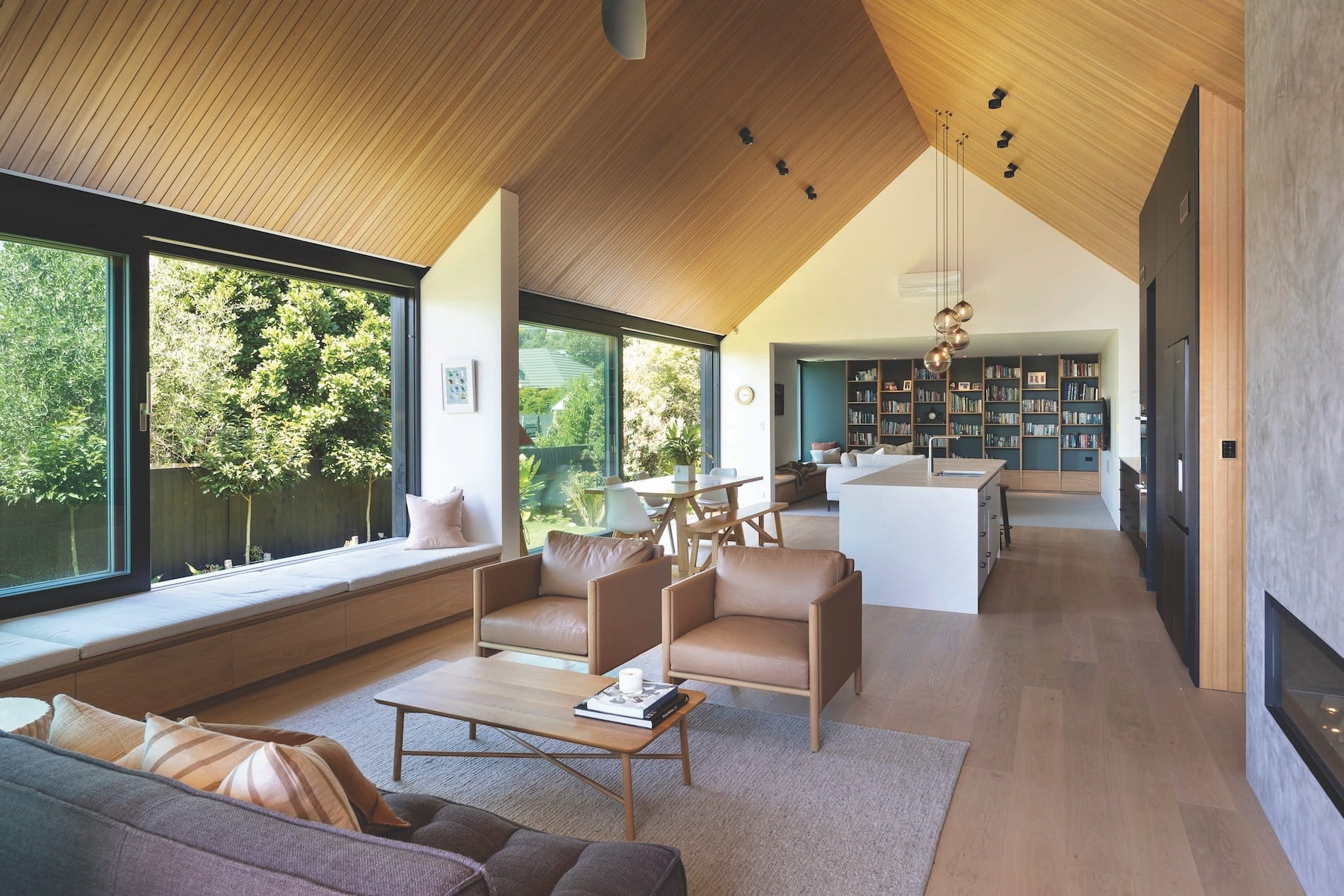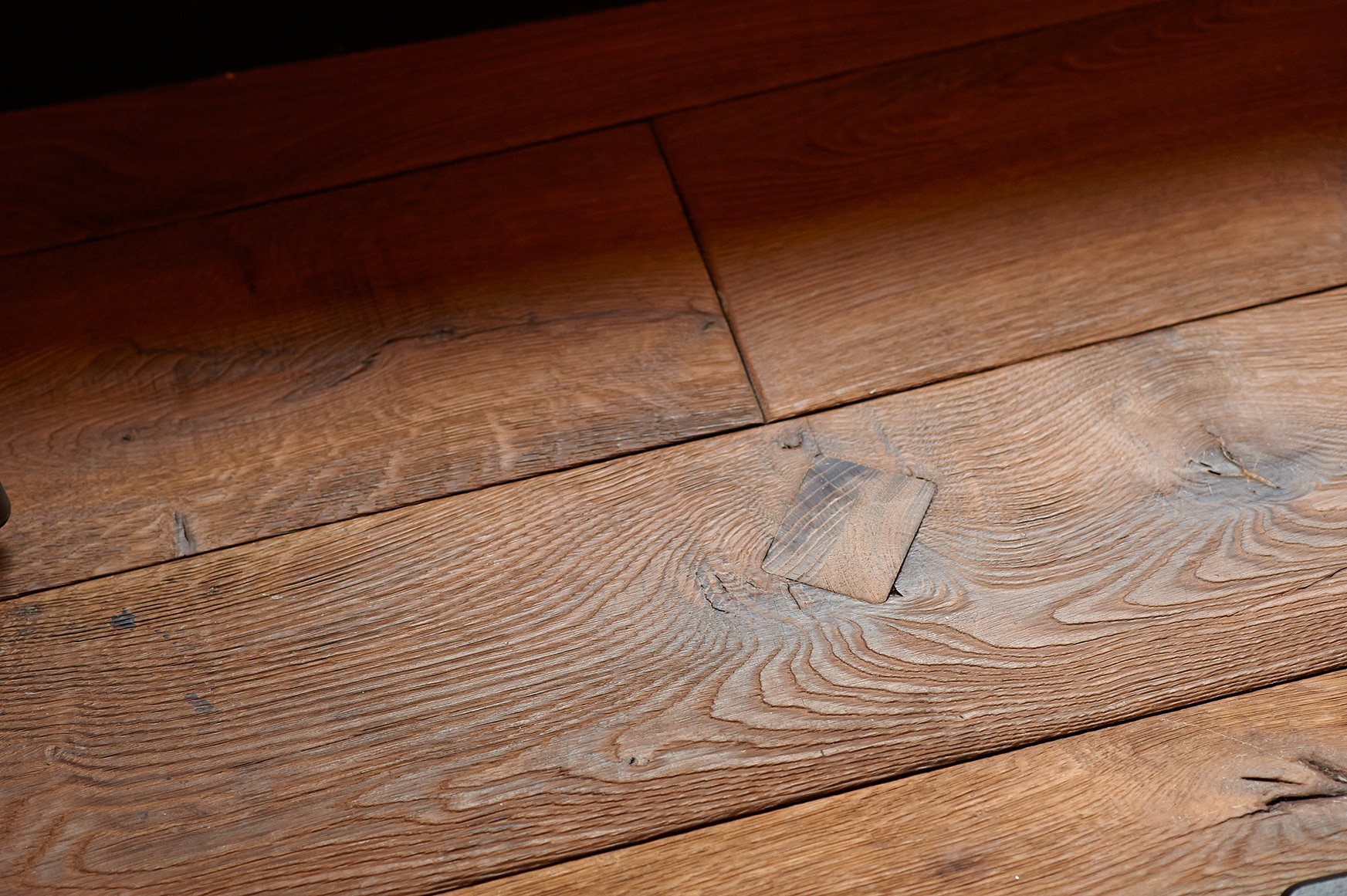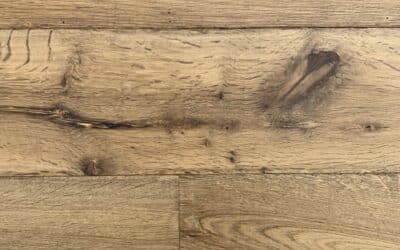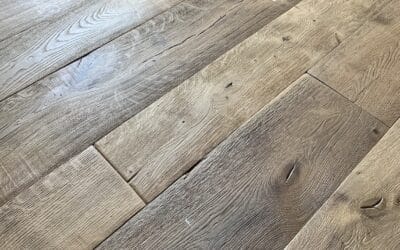Choosing the right finish for your timber flooring is a crucial decision. Among the various options available, oiled timber floors offer a range of benefits that make them an excellent choice for both residential and commercial spaces. Here are the top reasons to consider an oiled wood floor:
1. Natural Aesthetic Appeal
Oiled timber floors maintain the natural beauty and character of the wood. The oil enhances the grain and texture, providing a warm and inviting look. Unlike other finishes, it doesn’t form a layer on top but penetrates the wood, giving it a more natural appearance.
2. Easy to Repair Scratches
One of the significant advantages of an oiled hardwood floor is the ease of repairing scratches. Minor scratches and scuffs can be easily buffed out with a bit of oil, restoring the floor to its original condition without the need for sanding or refinishing.
3. No Need to Sand and Refinish
With an oiled finish, there’s no need to sand and refinish the entire floor to address wear and tear. Regular maintenance involves reapplying oil to high-traffic areas, which is a straightforward process compared to the intensive work required for lacquered or varnished floors.
4. Customisable Colours
Oiled floors offer the flexibility to adjust the colour of your wood floor. The oil can be tinted to match your desired hue, allowing for a customised look that can enhance the overall aesthetic of your space. This makes it an ideal choice for designers and homeowners looking to achieve a specific ambiance.
5. Environmental Benefits
Opting for an oiled timber floor is an environmentally friendly choice. The oils used are often derived from natural sources and are less harmful to the environment compared to synthetic finishes. Additionally, the maintenance process is gentler on the environment, requiring fewer harsh chemicals.
6. Better Humidity Regulation
Oiled wood floors have the unique ability to better regulate the humidity of a room. The oil allows the wood to breathe, which helps maintain a balanced indoor climate. This can be particularly beneficial in areas with varying humidity levels, reducing the risk of warping or cracking.
7. Enhanced Durability
The oil penetrates deep into the wood, providing enhanced durability and protection from within. This internal protection helps the floor withstand daily wear and tear, making it a long-lasting option for high-traffic areas.
8. Healthier Indoor Air Quality
Using natural oils for finishing timber flooring can contribute to healthier indoor air quality. These oils often have lower volatile organic compounds (VOCs) compared to synthetic finishes, reducing the emission of harmful substances into the air.
9. Low Maintenance
Maintaining an oiled timber floor is relatively easy. Regular sweeping and occasional mopping with a damp cloth are usually sufficient to keep the floor clean. Periodically reapplying the oil keeps the wood nourished and protected, ensuring it remains in excellent condition for years.
10. Versatility in Application
Oiled finishes are versatile and can be applied to various types of wood, including engineered timber floors and natural wood flooring. This makes them suitable for a wide range of applications, from traditional hardwood floors to modern engineered options.
11. The Timeless Elegance of Oiled Timber Flooring
Oiled wood floors offer a timeless elegance that complements any interior style. Whether you prefer a rustic, traditional look or a sleek, modern design, an oiled finish enhances the natural charm of the wood, adding value and beauty to your space.
Choosing an oiled timber floor brings numerous benefits, from easy maintenance and repair to environmental advantages and improved indoor air quality. Its natural, customisable finish and ability to regulate humidity make it a practical and aesthetically pleasing choice for any home or commercial space. By opting for an oiled finish, you ensure a beautiful, durable, and eco-friendly wood floor that will stand the test of time.




